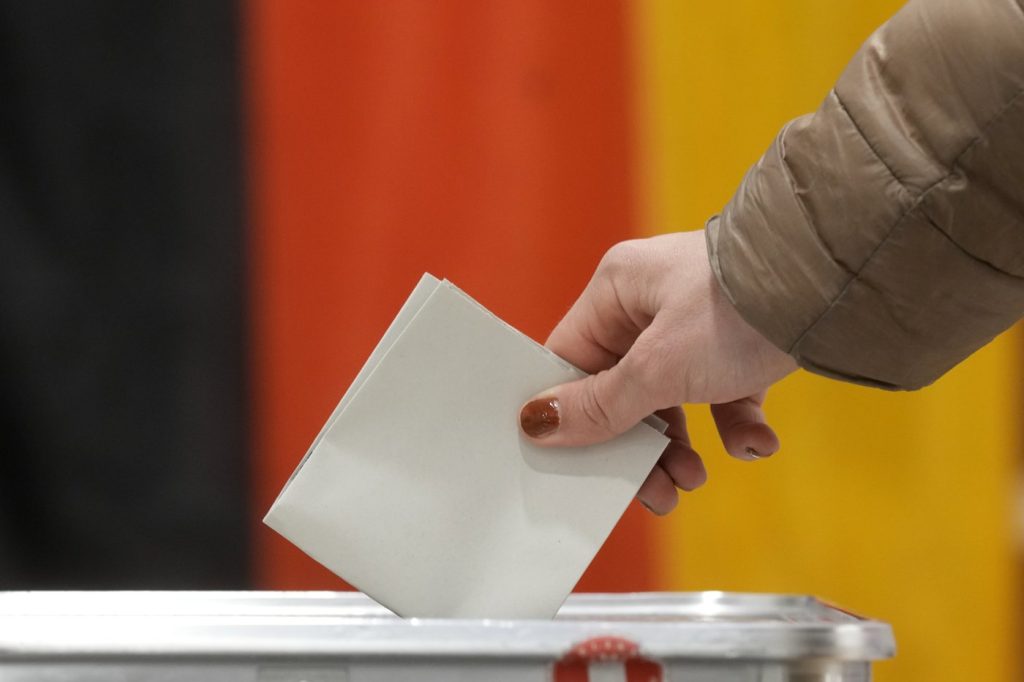On February 23, 2025, German voters headed to the polls for a significant national election, marking a crucial moment in the country's political landscape. The election featured a contest between the incumbent Chancellor Olaf Scholz, the leader of the opposition Friedrich Merz, Vice Chancellor and environmentalist Green party candidate Robert Habeck, and co-leader of the far-right Alternative for Germany (AfD) party, Alice Weidel. This election was pivotal as it occurred amidst various pressing challenges facing Europe, including the new Trump administration, the ongoing Russia-Ukraine war, and broader security concerns across the continent.
Germany's electoral system is characterized by coalition-building, rarely resulting in any single party achieving an absolute majority. Opinion polls leading up to the election indicated that no party was close to reaching that mark, suggesting that post-election coalition negotiations would likely be necessary. The election was particularly notable as it saw Friedrich Merz, a veteran politician and the current leader of the opposition, considered a front-runner. Merz, 69, took over leadership of the Christian Democratic Union (CDU) after Chancellor Angela Merkel stepped down in 2021 and aimed to revive the stagnant German economy and protect European interests amid U.S. foreign policy shifts.
The election was also marked by the participation of a substantial electorate; approximately 59.2 million citizens out of Germany’s 84 million population were eligible to vote, including about 2.3 million first-time voters. Polling stations across the country opened from 8 a.m. to 6 p.m. local time, with exit polls and vote-counting set to begin immediately after voting ended, with official results expected early the next day.
President Frank-Walter Steinmeier, representing the center-left Social Democratic Party, also participated in the process, casting his vote in Berlin. His role further underscored the significance of the election, not only within Germany but also in shaping European political dynamics. The country, being the most populous in the 27-nation European Union and a leader in NATO, holds significant sway in addressing future challenges, particularly those emerging from the Trump administration's policies and the ongoing regional instability.
Leading candidates made final campaign appeals before the elections, with Merz focusing on economic revival and strengthening Europe's stance against confrontational politics. In contrast, Scholz rallied in hopes of a comeback despite indications of his coalition's struggling popularity. This election was a response to the early dissolution of Scholz’s three-party coalition in November 2024, only the fourth instance of the Bundestag being dissolved ahead of schedule under the country's post-World War II constitution.
Overall, February 23, 2025, represented a crucial juncture for Germany as it approached the election, influenced not only by internal political dynamics but also by broader geopolitical factors affecting Europe and beyond.










